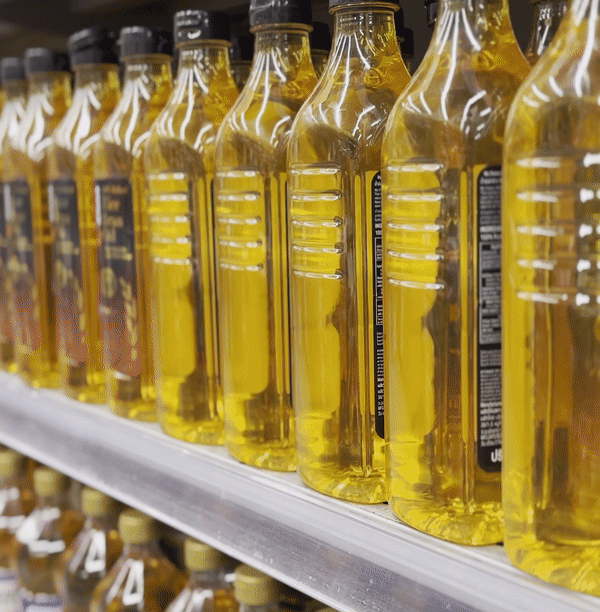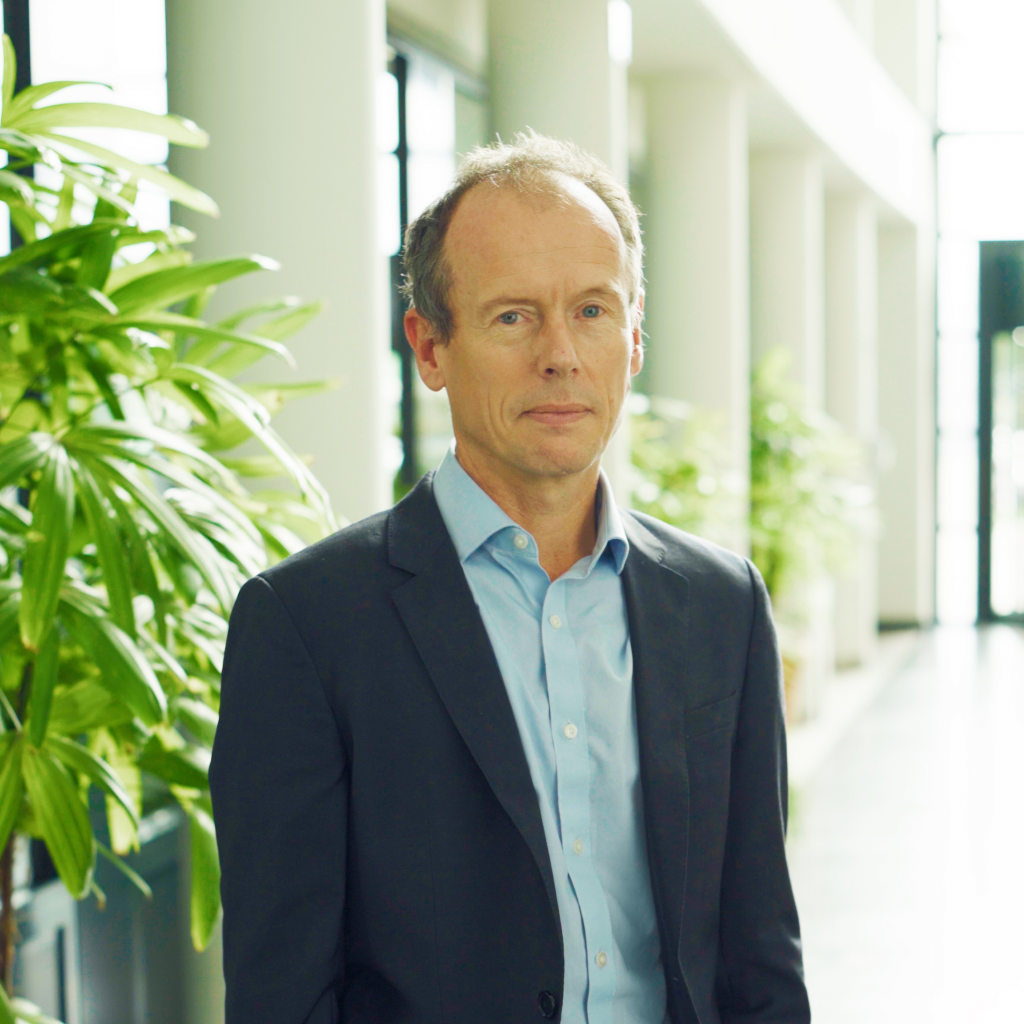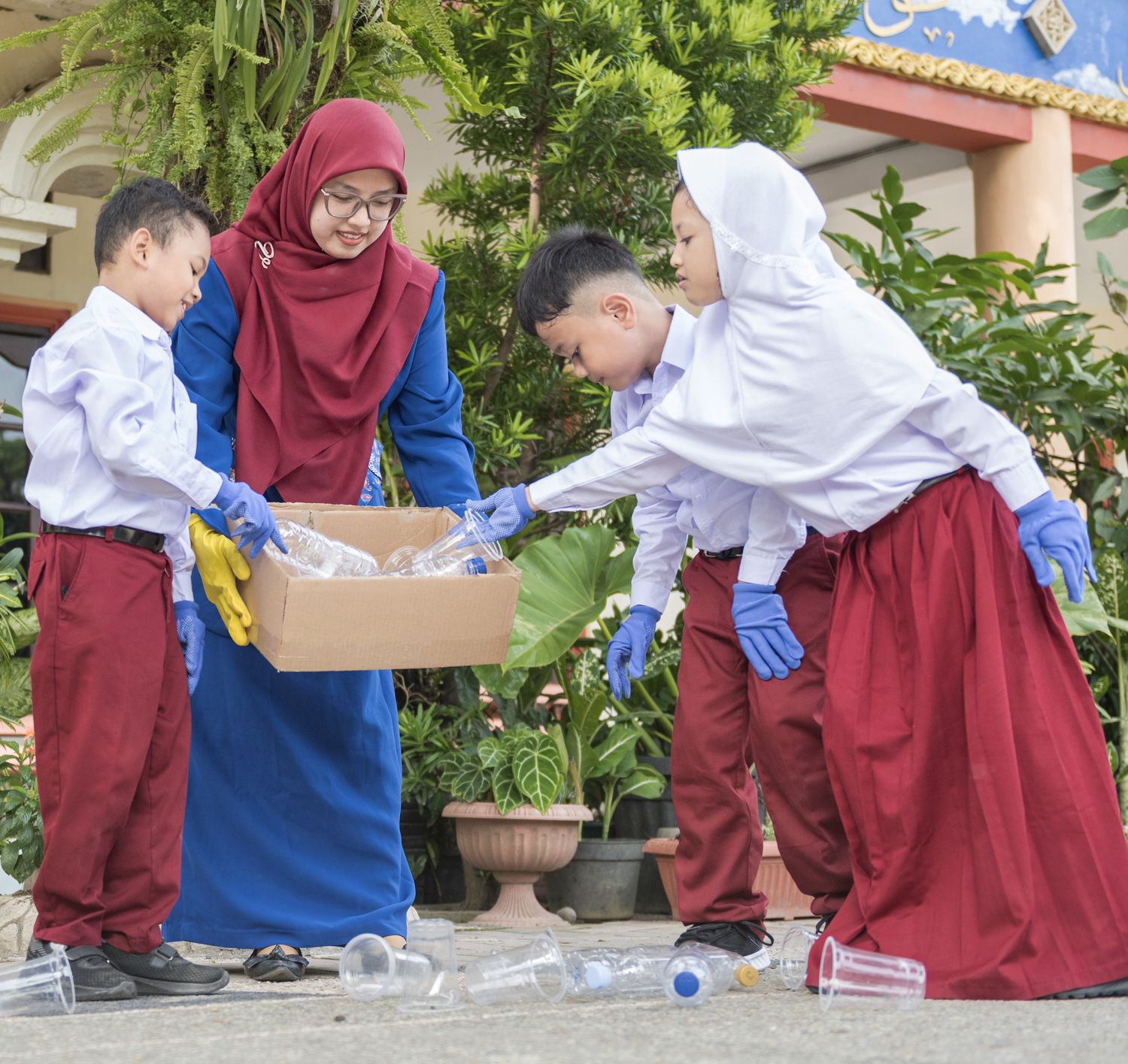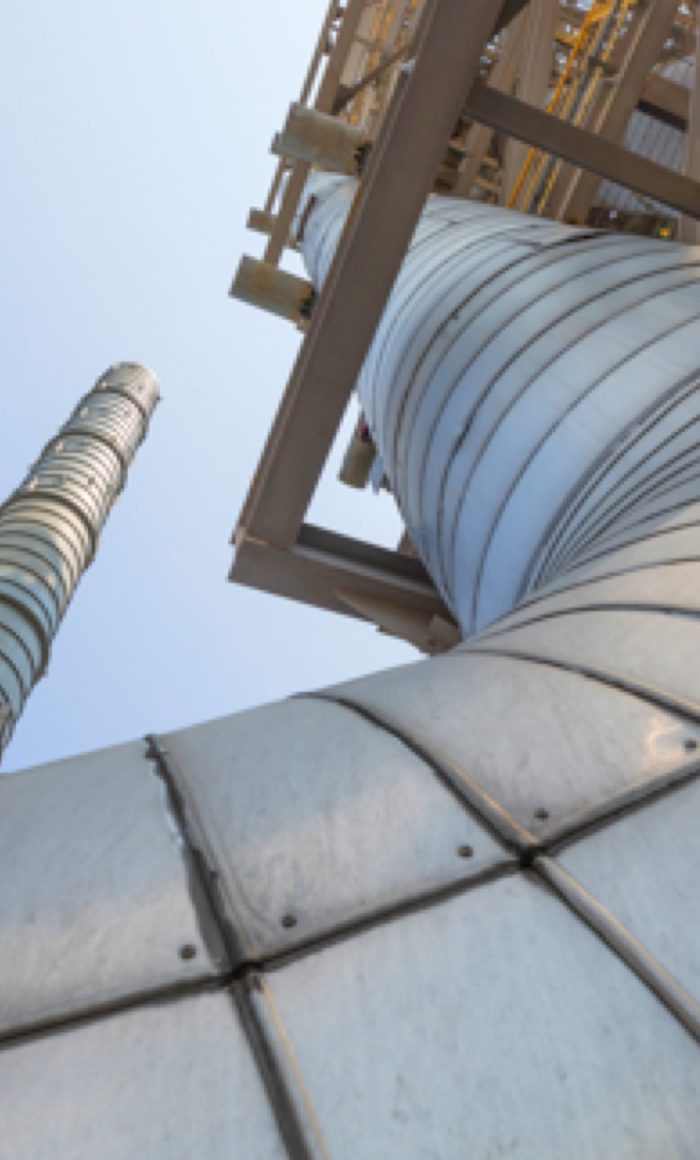Plastic is essential to many of the products that underpin modern life, from medical equipment and household appliances to vehicles and food packaging. But plastic waste often ends up in landfills and incinerators.
While 400 million tonnes of plastic waste is generated around the world every year, only 9% of plastic produced is currently recycled.
Society will need both advanced and mechanical recycling – alongside other solutions – to address the plastic waste challenge. By deploying two recycling technologies, we can increase the amount of plastic that can be recycled instead of being sent to landfills or incinerators.
ExxonMobil’s Adrian Da Costa explains why we’re investing in advanced recycling facilities and initiatives:
Why can’t all plastics be recycled mechanically?
Traditional mechanical recycling is an effective and comparatively energy-efficient option. However, some plastic products are not suited to mechanical recycling – such as items that contain multiple types of plastic or are contaminated with oils, grease, or food.
That’s where advanced recycling, also known as chemical recycling, comes in. Advanced recycling allows plastics that would otherwise be difficult or impossible to recycle to be processed and transformed into new, valuable products and virgin-quality plastic.
How does advanced recycling work?
Advanced recycling takes mixed plastic waste and heats it up – using manufacturing processes to break it down into liquid and gas molecules. Any impurities present can then be filtered out, a key difference between the advanced and mechanical recycling processes.
In mechanical recycling, each round of recycling, which limits the type of products it can be used to make.
Advanced recycling, however, transforms plastic waste into raw materials to create new, virgin-quality products.
Multilayer plastic structures, such as many types of food packaging, are not usually suitable for mechanical recycling. In advanced recycling that’s not an issue, as the material is broken down to its molecular building blocks, which can then be used to manufacture virgin-quality products.
“Advanced recycling and mechanical recycling are complementary,” explains Adrian Da Costa, global business development director at ExxonMobil. “Where mechanical recycling can have limitations on the number of times you can recycle a plastic and also when it comes to contaminants and multiple layers, advanced recycling can overcome those challenges.”
Investing in advanced recycling
ExxonMobil is progressing advanced recycling initiatives around the world. In December 2022, we began operations at a large-scale advanced recycling facility at our complex in Baytown, Texas. One of the largest advanced recycling facilities in North America, it has the capacity to process up to 40,000 metric tons of plastic waste a year.
We’re also assessing additional advanced recycling opportunities in other locations around the world, including Singapore, Malaysia, Indonesia, France, Belgium, the Netherlands, Canada, and several U.S. sites. “By the end of 2026, we’re expecting to have the capacity to process half a million metric tons of plastic waste per year,” Adrian explains.




